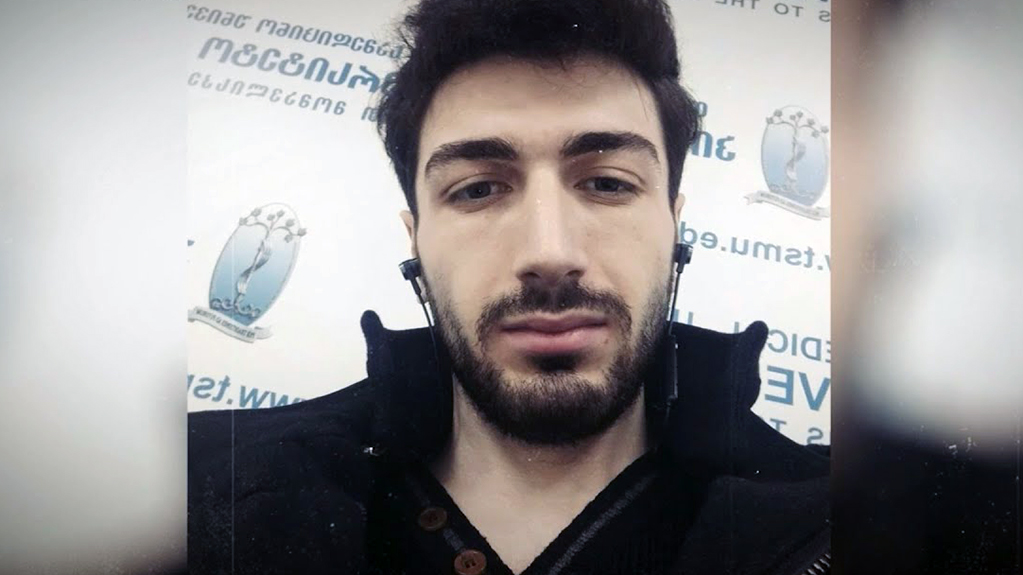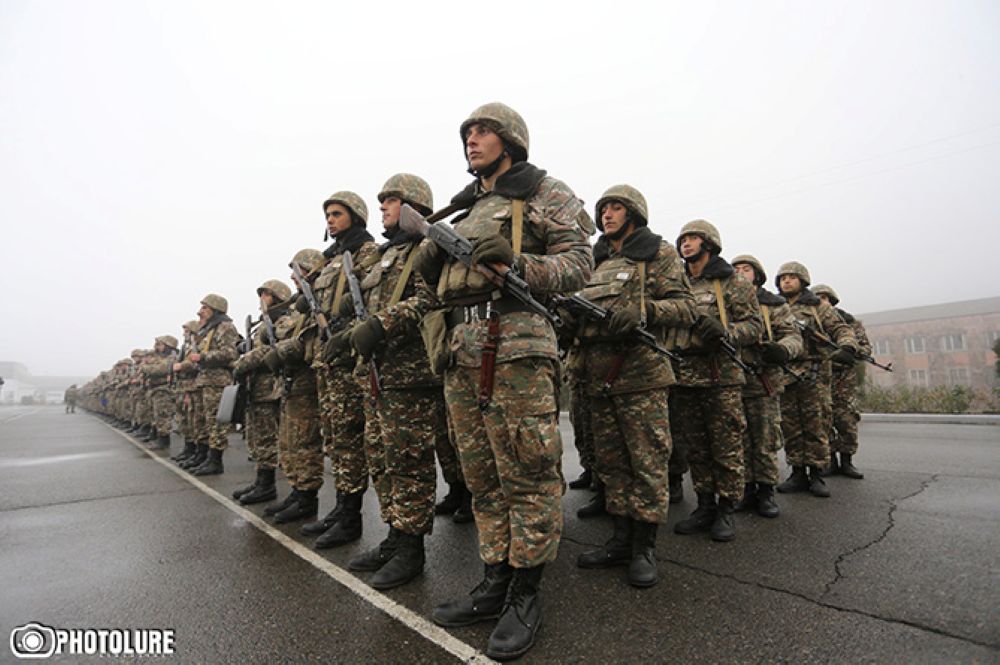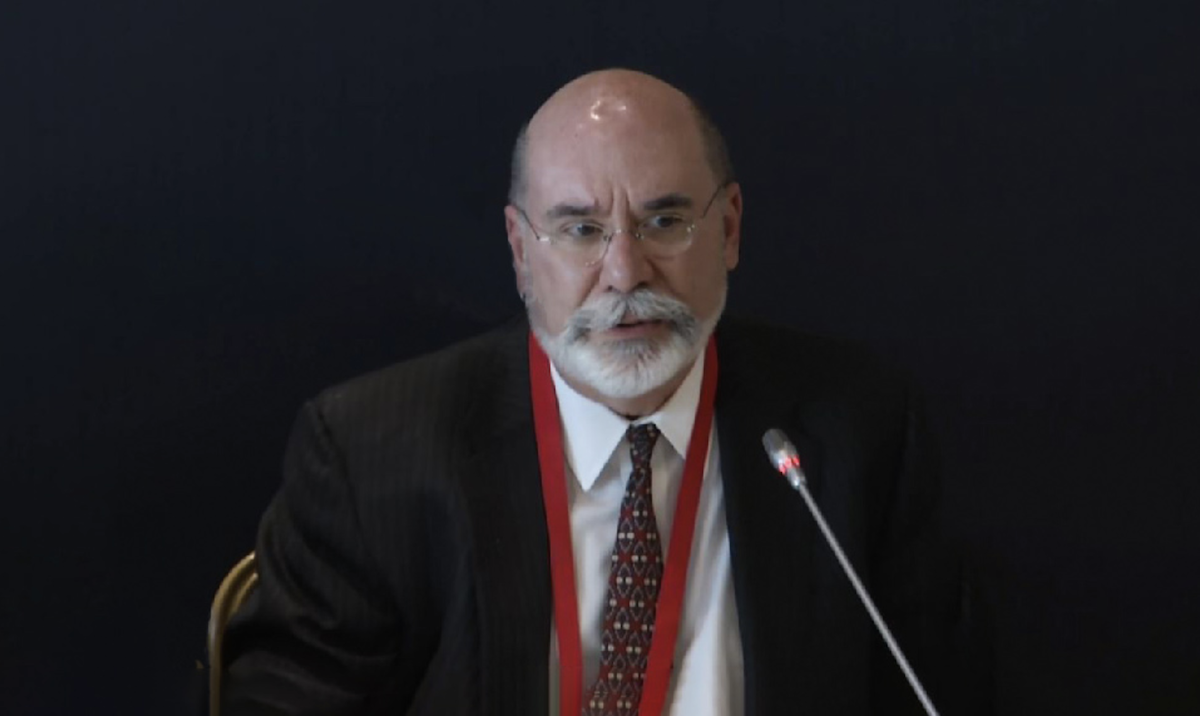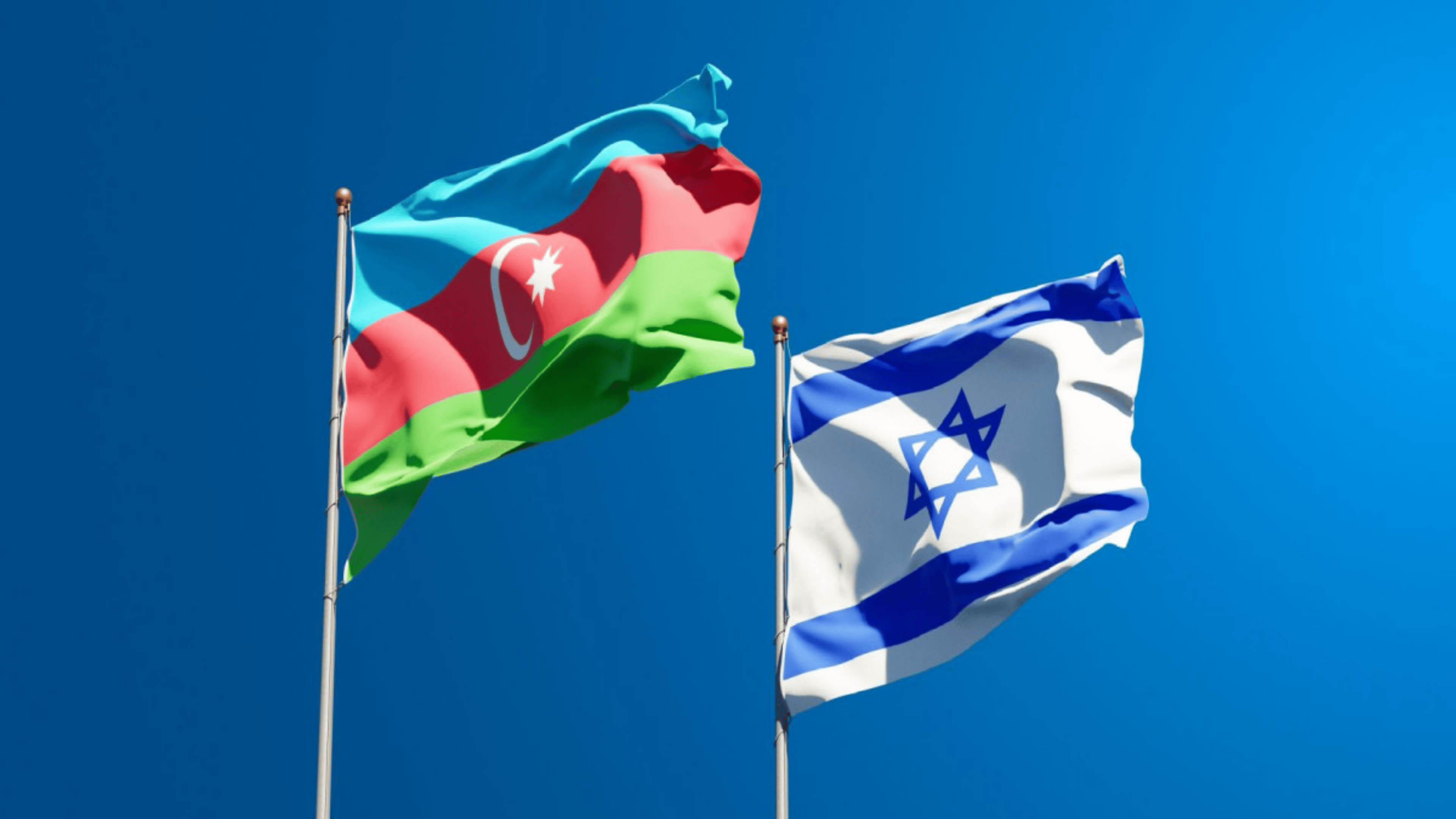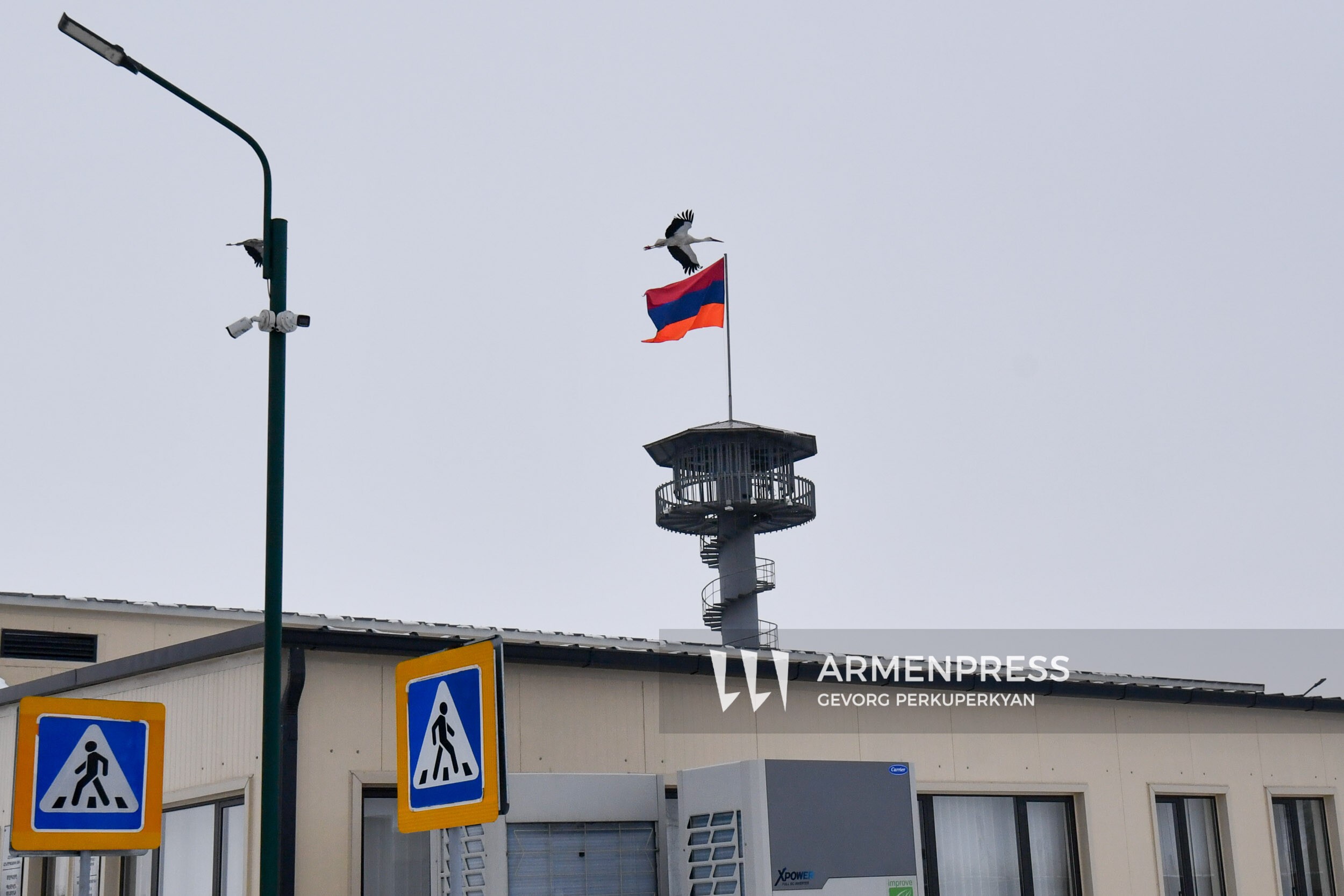US delegation statement in Geneva: Russia must fulfill commitments made in 2008
US delegate statement to Geneva
“The United States calls on the Russian Federation, as a party to the Georgian-Ossetian conflict, to immediately fulfill its obligations under the August 12, 2008 ceasefire agreement and return its forces to pre-conflict positions,” reads a statement issued by the US delegation after the 59th round of international negotiations in Geneva.
- “The Georgian-Abkhazian conflict should not be left to our children” – Secretary of the Abkhazian Security Council. Is the approach to the conflict changing?
- Pashinyan’s statement expressing support for Georgia’s unity has stirred outrage in Abkhazia
- Abkhazia’s entry into the Union State: a “diversionary maneuver” or a no alternative option?
The statement says that Russia’s occupation of 20% of Georgia’s territory and establishment of borders undermines Georgia’s sovereignty and territorial unity. It also notes that Abkhazia and South Ossetia are internationally recognized and indivisible parts of Georgia.
“These violations were followed by the killing of a Georgian citizen by Russian occupation forces for traveling within his own country. We express our condolences to the family of Tamaz Ginturi and condemn Russia’s actions that led to his death,” the statement reads.
The statement also noted that the meeting failed to discuss the issues of IDPs, water and gas supply due to the demonstrative withdrawal of Russian representatives.
The US also compared Russia’s invasion of Ukraine to the Russian-Georgian war and condemned it along with the violation of Georgia’s territorial integrity after 2008.
Statement by the Georgian side
The Georgian Foreign Ministry said in a statement that the Georgian delegation raised security, humanitarian and human rights concerns caused by destructive actions committed by Russia in violation of the ceasefire agreement.
The Georgian delegation also condemned the killing of Georgian citizen Tamaz Ginturi by Russian border guards, which was a vivid expression of the dire consequences of the Russian occupation and confirms the need for Russia to fulfill its obligations.
“Russia and representatives of its occupation regimes have once again politicized humanitarian issues and on one of the main issues on the agenda ─ the return of internally displaced persons from the occupied territories to their homes ─ left the negotiations. The next round of negotiations will be held in April 2024,” the Foreign Ministry said in a statement.
- Georgian Foreign Ministry: Moscow’s statements on occupation line delimitation are unacceptable
- “Border guards acted according to instructions” – Russian Deputy Foreign Minister on the murder of Tamaz Ginturi
What is the Geneva Format?
● After the August 2008 war, all direct dialogue between Georgia and Russia was stopped. According to the August 12, 2008 ceasefire agreement, it was decided to create a format for international negotiations in Geneva, where Russia and Georgia, together with representatives of Sukhumi and Tskhinvali, as well as representatives of international organizations, would discuss various humanitarian issues and problems.
● For many years, before the ruling Georgian Dream party implemented the Abashidze-Karasin format of Georgian-Russian talks, Geneva was the only place where Tbilisi and Moscow communicated.
● There are four rounds of talks per year in Geneva.
● The Geneva format does not address the political aspects of the conflict. That is, the status of Abkhazia and South Ossetia and other political issues are not discussed here.
● The Geneva talks take place in two parallel working groups:
The first group discusses security issues (e.g., reaching an agreement between Russia and Georgia on the non-use of force, establishing international security mechanisms in the conflict zones);
The second group discusses the situation of IDPs and their return. This group also deals with important humanitarian issues affecting people living in conflict zones (e.g. mother-tongue education, protection of cultural heritage, free movement, health, criminalization, human rights, etc.).
● In addition to Georgia and Russia, the Geneva talks are attended by representatives of the United States and co-chairs of the OSCE, the European Union and the UN. Representatives of Tskhinvali and Sukhumi are also participating in the discussions.











